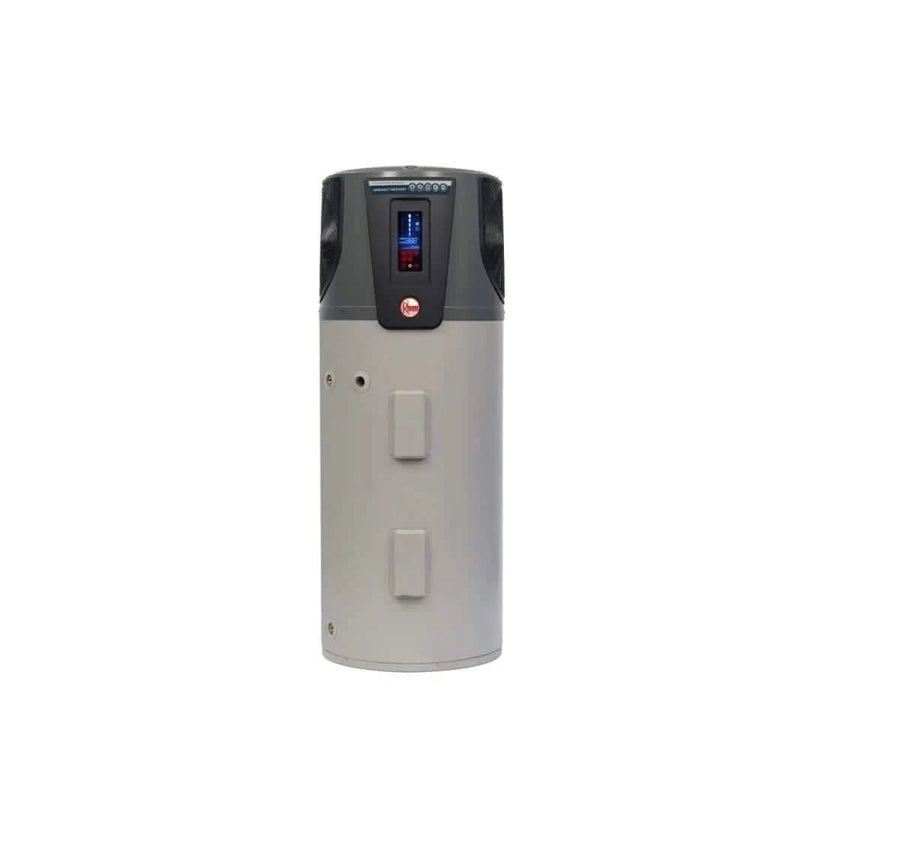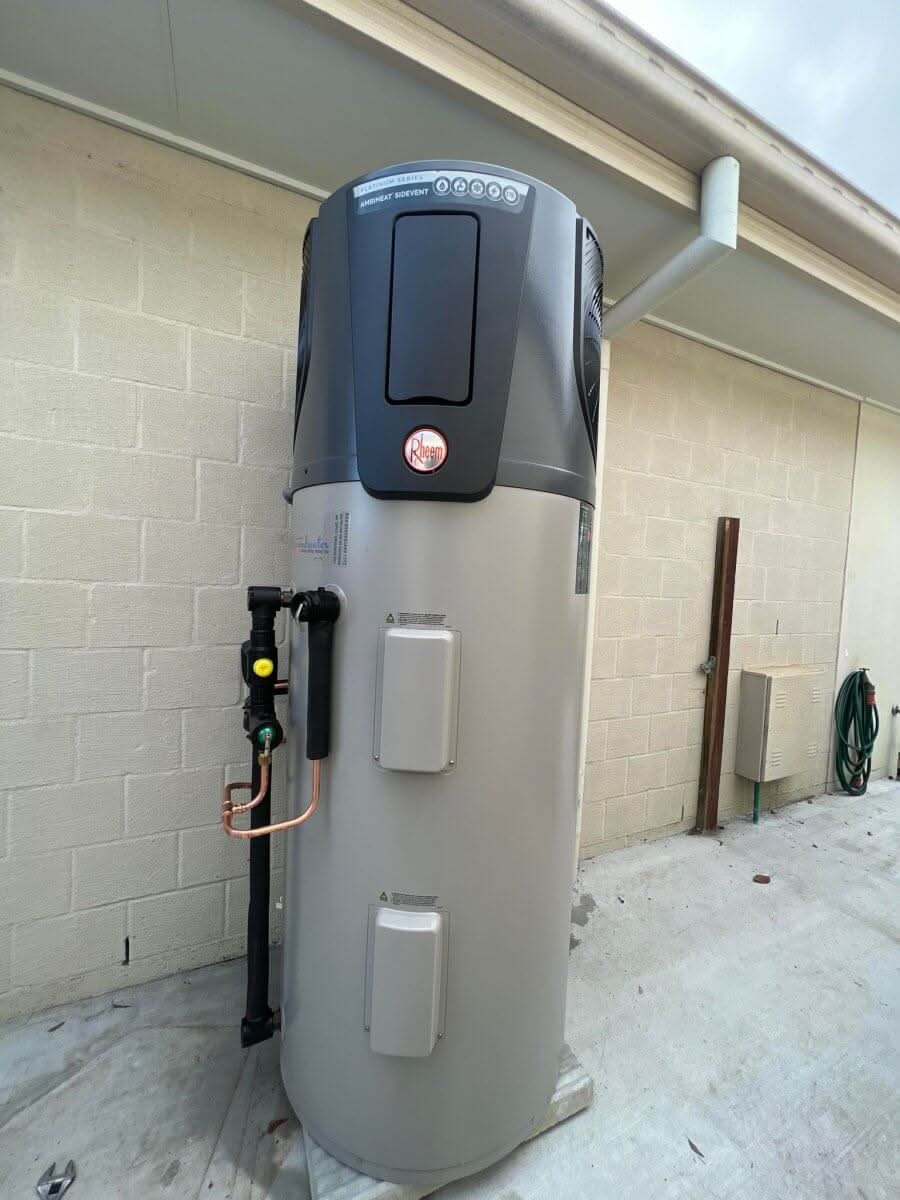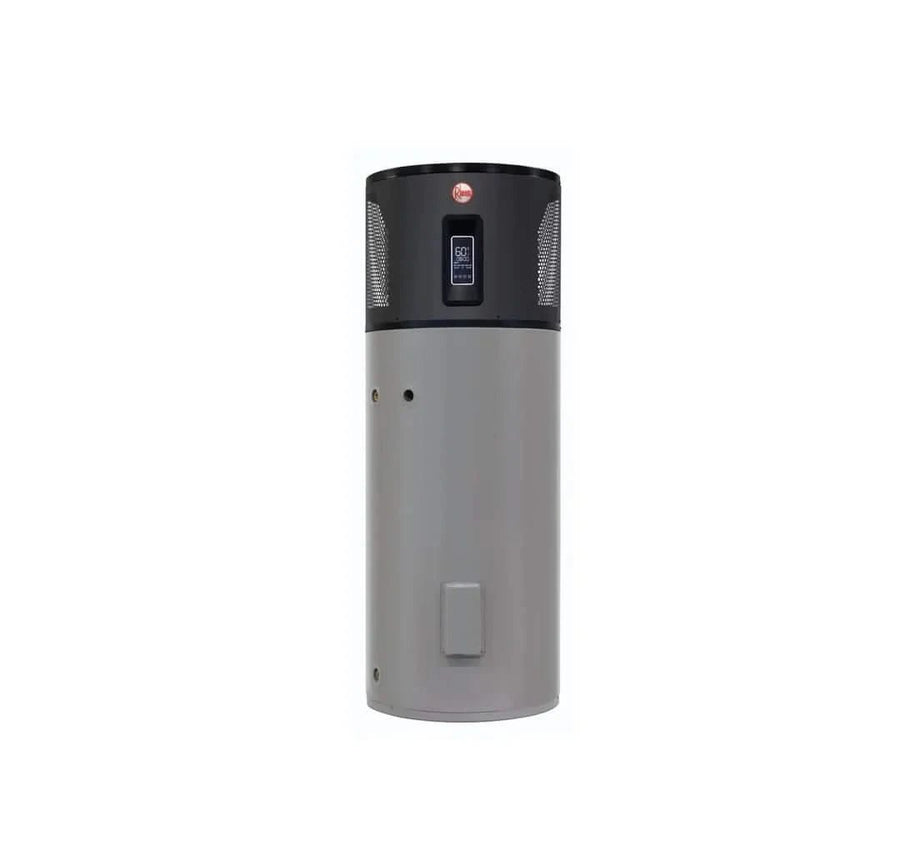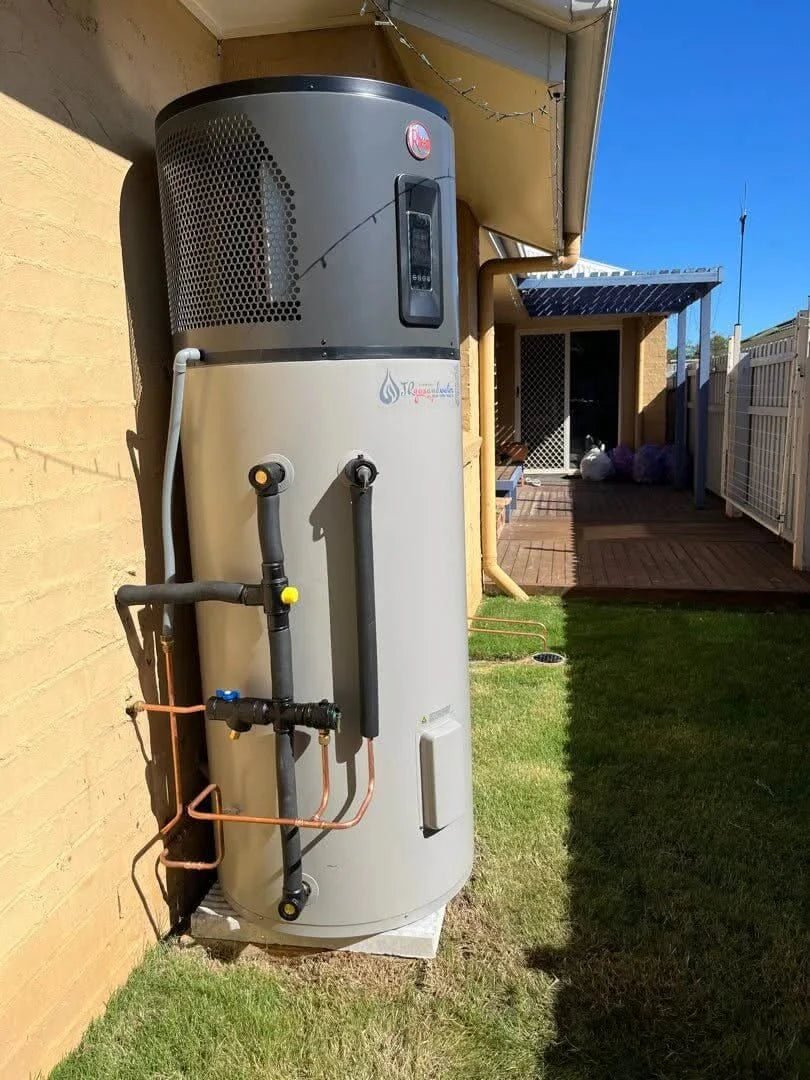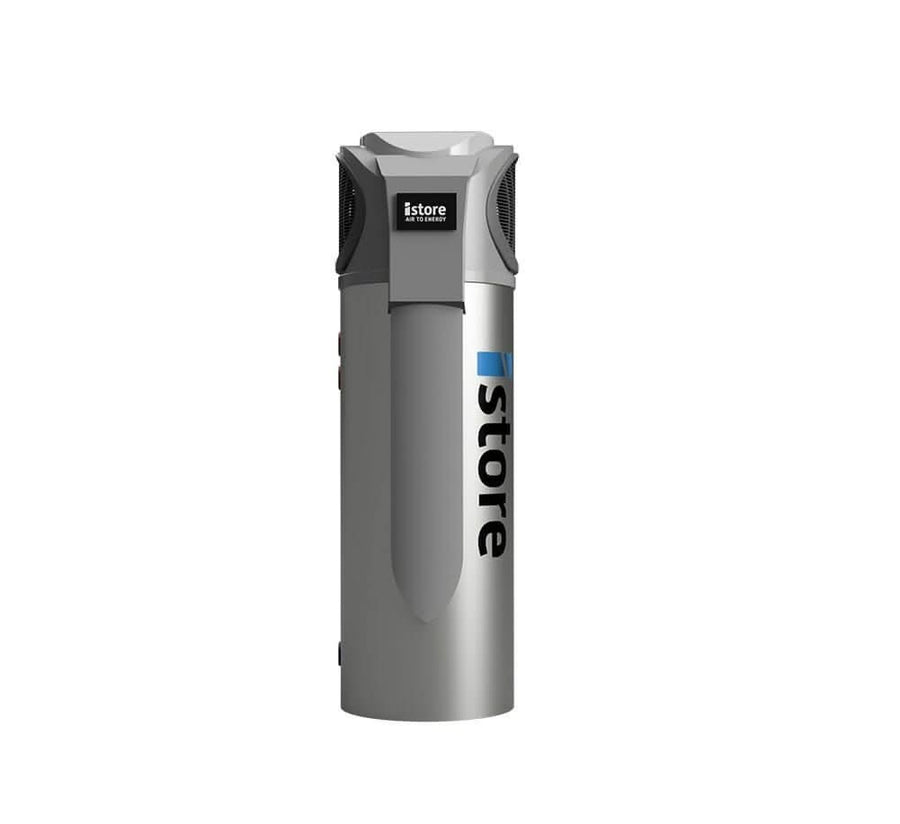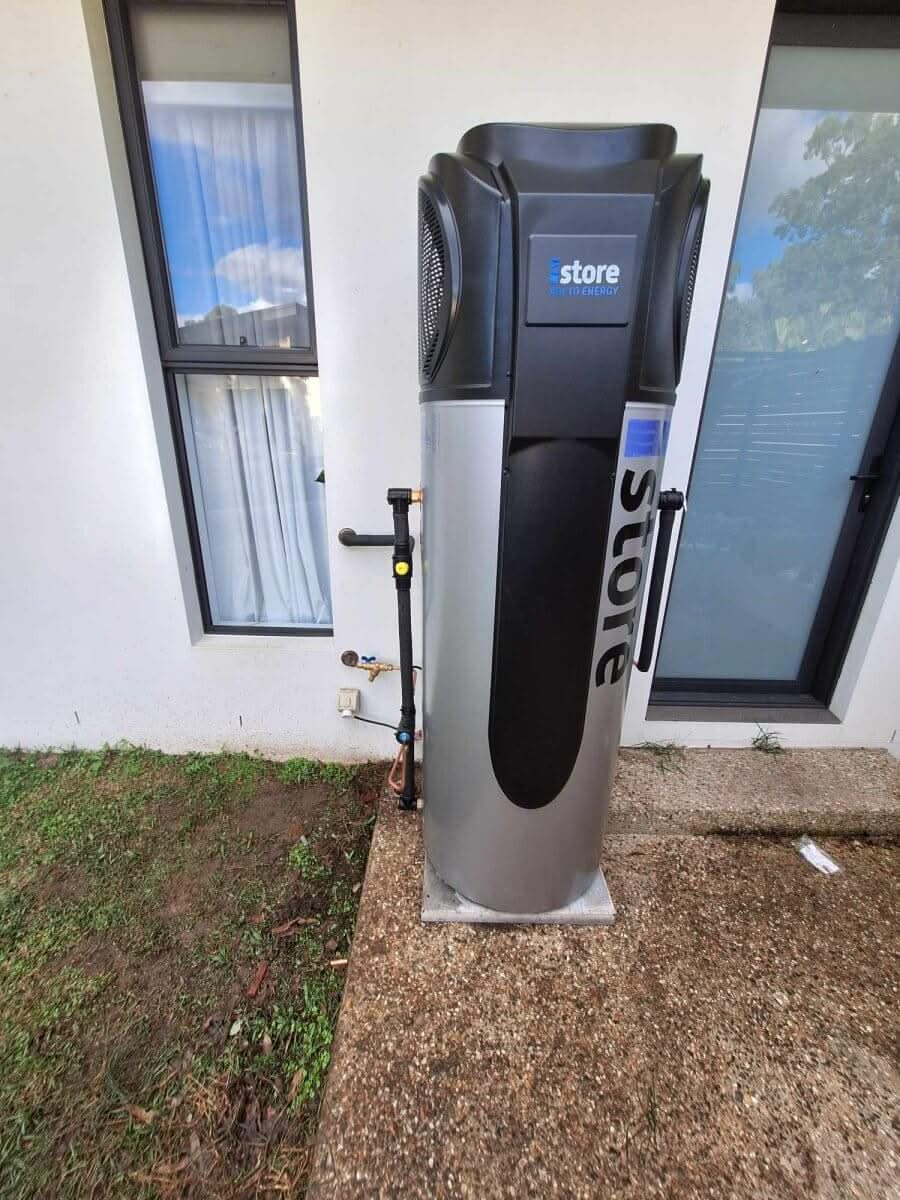Get Instant, Reliable Hot Water for Your Home Today!
Tired of cold showers? Upgrade to a reliable hot water system with same-day installation and energy-efficient solutions. Whether you need a gas, electric, or heat pump system, we ensure quick, professional installation so you never run out of hot water.
🔹 Same-Day Hot Water System Installation – No more waiting!
🔹 Energy-Efficient Options – Save on bills with solar, gas & heat pump technology.
🔹 Reliable Hot Water Supply – Consistent performance for all household sizes.
🔹 Expert Plumbers & Installers – Get it done right the first time.
🔹 Flexible Payment Options & Rebates – Making hot water more affordable.
💧 Need Hot Water Today? Get It Installed Fast! 💧
🔥 Hot Water System Installation – Same Day Service Available!
An efficient hot water system can make all the difference in your home. But it's not just about choosing the right system – installation matters too! Our same-day service ensures your new system is installed quickly and professionally, minimizing downtime and inconvenience.
🔹 What’s Included in Same-Day Installation?
✔ Fast system delivery & professional installation
✔ Safe removal & disposal of your old unit
✔ Expert advice on the best hot water system for your home
✔ Compliance with Australian safety standards
⚡ What You Need to Prepare for Installation
-
Choose the right system based on your household needs.
-
Clear the installation area for easy access.
-
Check energy connections (gas, electric, solar compatibility).
-
Ensure proper ventilation for gas units.
🚰 Book Your Hot Water System Installation Today!
💡 Which Hot Water System is Best for You?
Choosing the right system depends on your household size, budget, and energy source availability. Here’s a quick guide:
| Hot Water System Type |
Best For |
Pros |
Cons |
| Gas Hot Water Systems |
Medium-Large Homes |
Energy-efficient, fast heating |
Requires gas connection |
| Electric Hot Water Systems |
Small-Medium Homes |
Affordable, easy to install |
Higher running costs |
| Solar Hot Water Systems |
Eco-Friendly Homes |
Low energy costs, eco-friendly |
Requires sun exposure |
| Heat Pump Hot Water Systems |
Energy Savers |
Saves up to 70% on bills |
Higher upfront cost |
💡 Not sure what’s right for you? Speak to our team for expert advice!
🔹 Types of Hot Water Systems Available
🔥 Gas Hot Water Systems
Gas-powered systems are fast, energy-efficient, and reliable. Perfect for households looking to reduce power bills while ensuring a steady supply of hot water.
✔ Fast recovery rate – No waiting for water to heat up.
✔ Works even during blackouts – Unlike electric models.
✔ Lower operating costs – More cost-effective than electric in the long run.
💡 Choose between storage or continuous flow gas hot water systems!
⚡ Electric Hot Water Systems
Electric water heaters are affordable and easy to install, making them a popular choice for Australian homes.
✔ Lower upfront cost – Budget-friendly options.
✔ Works with off-peak tariffs – Reduce running costs with smarter energy usage.
✔ Available in storage or instantaneous models – Tailor it to your needs.
💡 Best for homes without gas connections or those looking for a simple, cost-effective solution.
☀️ Solar Hot Water Systems
Harness the power of the sun with solar hot water – an eco-friendly and cost-saving solution.
✔ Reduce energy bills – Uses free solar power!
✔ Government rebates available – Get financial incentives for installing solar.
✔ Best for sunny locations – Ideal for most Australian homes.
💡 Need a backup? Pair it with gas or electric boosters for 24/7 hot water!
🌿 Heat Pump Hot Water Systems
Heat pump water heaters use ambient air to heat water, offering a super energy-efficient alternative.
✔ Uses up to 70% less energy – Save on electricity bills.
✔ Works well in various climates – Even in cooler temperatures.
✔ Eco-friendly – Lower carbon footprint than traditional systems.
💡 Looking for the best long-term savings? A heat pump is your best bet!
📏 How to Choose the Right Size Hot Water System
Picking the correct size prevents running out of hot water or wasting energy on oversized units.
| Household Size |
Recommended System Size |
| 1-2 people |
50L – 80L (Electric) |
| 2-3 people |
80L – 125L (Electric) / 135L (Gas) |
| 3-4 people |
125L – 170L (Electric) / 170L (Gas) |
| 4-5+ people |
170L – 400L (Electric) / 170L+ (Gas) |
💡 Not sure what size is best? We can help! Call our team today.
💰 Hot Water System Prices & Installation Costs
🔹 Cost Breakdown:
✔ Electric Hot Water Systems – From $800 to $1,600
✔ Gas Hot Water Systems – From $1,100 to $1,330
✔ Solar Hot Water Systems – From $3,000+ (with rebates available!)
✔ Heat Pump Hot Water Systems – From $2,500+ (government rebates apply!)
✔ Installation Costs – Varies from $200 to $600 (for same-type replacements)
💡 Ask about available rebates & incentives to save even more!
🔧 Hot Water System Maintenance & Longevity
Regular maintenance extends the lifespan of your hot water system and keeps it running efficiently.
✅ Maintenance Tips:
✔ Inspect the anode rod – Replace every 3-5 years to prevent tank corrosion.
✔ Flush your system – Remove sediment buildup annually.
✔ Check for leaks & pressure relief valve issues – Early detection prevents costly repairs.
✔ Monitor energy efficiency – If bills are rising, your system may need servicing.
💡 Need maintenance or a replacement? Book a service today!
💸 Government Rebates & Incentives
Upgrade to an energy-efficient hot water system and save with government rebates!
✔ Small-scale Technology Certificates (STCs) – Reduce upfront costs for solar & heat pumps.
✔ State Rebates – Available in NSW, VIC, QLD & more for energy-efficient upgrades.
✔ $33 NSW Hot Water Rebate – Special savings when switching to a heat pump system.
💡 Check your eligibility and claim your rebate today!
🚀 Get Your Hot Water System Installed Today!
✔ Same-Day Installation – Hot water, hassle-free!
✔ Trusted Brands & Quality Products – Long-lasting, reliable performance.
✔ Flexible Payment Plans – Making hot water affordable.
✔ Expert Advice & Support – We help you choose the perfect system.
🔥 Don’t wait – get reliable hot water today! 🔥
👉 Call Now or Request a Quote Online!







